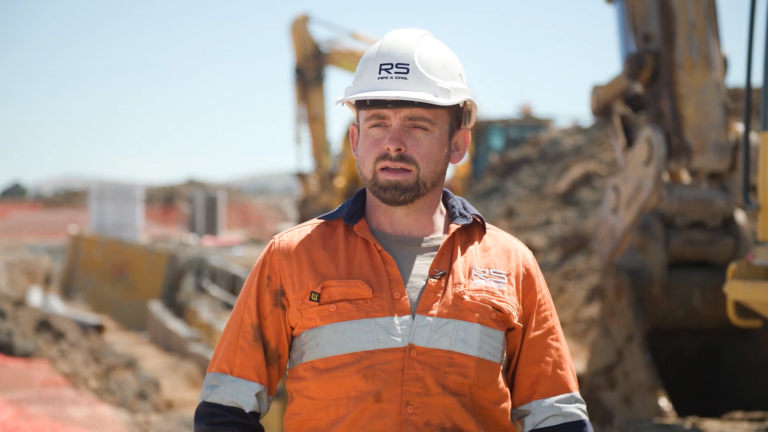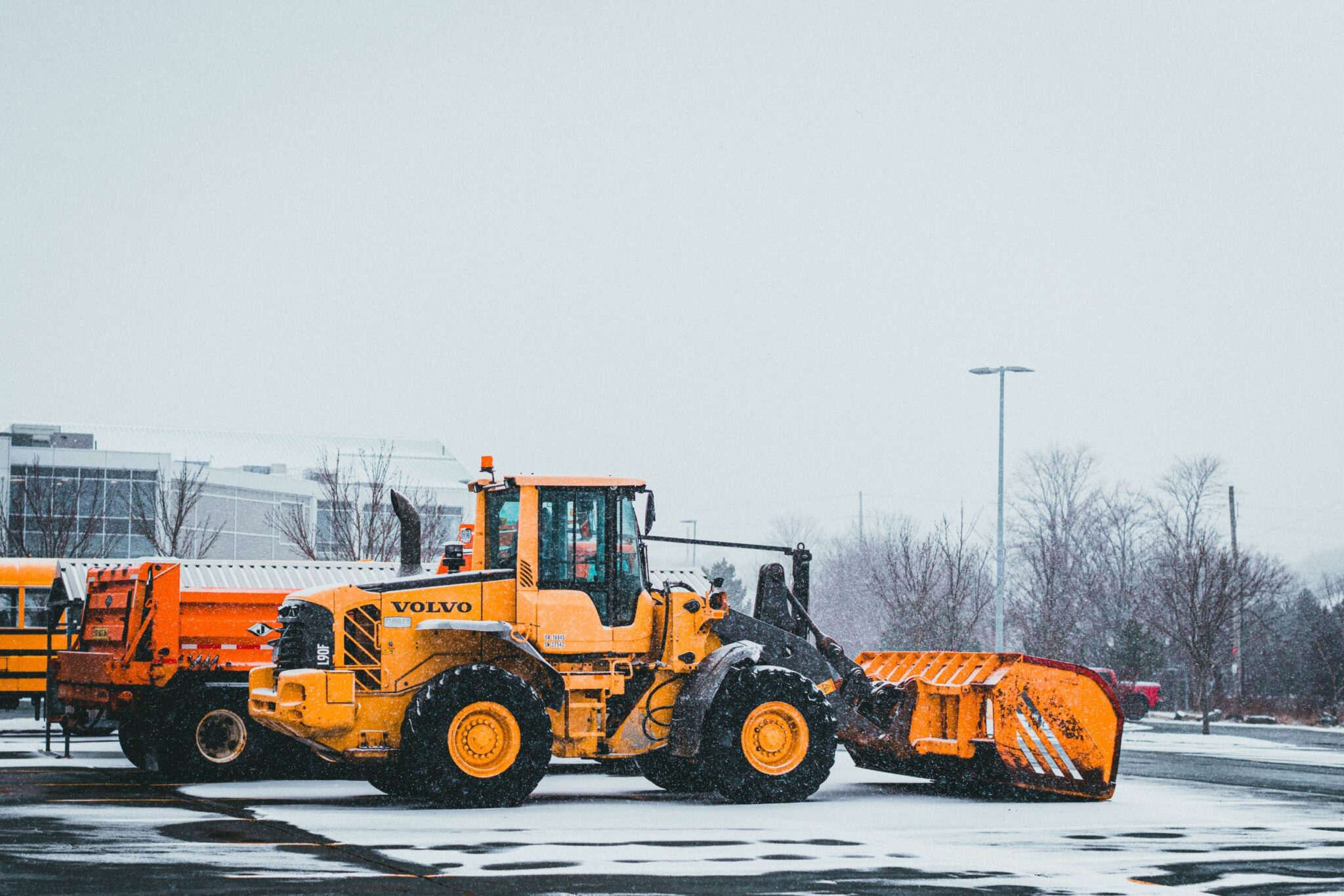

With winter gone and another summer on its way, three of Iron Capital’s cold weather crew have talked about what business looks like as seasonal demand shifts and the snow melts.
Talking to the Iron Capital team stationed across Northern USA and Canada, many customers are seeing a lot of similar things across all the defrosting American markets. However, with shifting work demands and weather conditions each region has its own set of challenges and still plenty of opportunity to get good work done.
A busy summer ahead.
For the western side of Canada, Territory Manager Lee Swaile said there won’t be much difference between this summer and the last, but the industry wide backlogs of new gear orders will start to clear, putting new equipment in customers hands.
“The benefit for our customers is that they can get to work straight away and begin to retire some older assets they were forced to keep using as supply lags behind demand,” Mr Swaile said.
Iron Capital Business Development Manager Josh Berbee is seeing similar things in the Greater Mid-West of the US.
“The Infrastructure Stimulus will be putting heat on the market for road construction equipment such as Milling gear, Surface Miners, Crushing and Aggregate, Paving, and Compaction gear,” Mr Berbee said.
In Eastern Canada, Account Manager Deven Kaloti is seeing road work getting underway too, and demand for road specific equipment is stronger than ever.
“There is more than $500m committed between Ottawa, London, Windsor paired with projects on the highways and regular pothole repairs,” Mr Kaloti said.
“With many of these projects started in 2018 and wrapping up in 2025, compaction is very in right now. None of these construction phases will last forever though, but each is extensive and requires specific gear for the job.”
Supply still short.
When it comes to challenges from the past and coming year, everyone agrees supply is still the key focus and a problem not likely to be solved in the immediate future.
Mr Berbee said supply will continue to challenge end users and dealers alike but there will be slices in the “Infrastructure Stimulus Pie” for lots of contractors to get involved with.
“There is great opportunity for contractors to branch out into specialty niches targeting contracted jobs that may be underserviced or have specific equipment requirements,” he said.
Despite some equipment like excavators landing in dealership yards, Mr Swaile said extremely important pieces like articulated trucks, wheel loaders and graders, are all still pushing out into 2024.
“This will likely lead to price and demand increases and force project managers to get more creative with their use of key equipment,” Mr Swaile said.
“With many end users likely looking to reduce their risk this season, it may be a great opportunity for rental houses or RPO options as users look to lower their risk profiles in the face of economic unease.”
The market for used equipment is as strong as it has ever been, putting contractors that bought from 2018-2022 in the best position, with low locked in rates and rising values on the equipment they hold.
“For rental houses that didn’t expand their fleets like some over the last few years, it’s likely they will look to expand their fleets to try and reap the benefits of the coming 12-18 months of work,” Mr Berbee said.
Winter delays.
It’s been a particularly cold and wet winter for much of the north, work is still being delayed as the ground thaws and this is affecting large sites the most, delaying permits and pushing timelines off for many projects.
“This will likely lead to an end of season boom in October for much of the Ontario region as projects get expedited,” Mr Kaloti said.
Lower your risk and get the gear you need.
Looking forward, the Iron Capital team agree that now is the time for customers to invest in their business.
While there are factors that could lead to a rocky economic climate over the next two to five years, the outlook for the next year is strong, meaning now is the time to capitalise on the available work and invest in lower risk options like RPO’s.
While it’s not possible to see the future, in the short-term getting Iron in the dirt and jobs underway is still the name of the game.
Making key investments in quality equipment and making the most of available contracts will not only benefit businesses in the short run, it will provide a level of security as the construction industry moves through a phase of uncertainty.
“Using a shorter-term solution like RPO is a simple way to take a lot of risk out of work as we know the outlook for the next 12 months is good. Interest rates will level out over time, lenders will go back to competing instead of keeping up with demand and the world will find some normalcy again. Those who are prepared will come out on top,” Mr Swaile said.
For those looking to lower their risk without cutting back on work quality or capacity, reach out to the Iron Capital team. Rain, hail, sun, dirt or even snow, the crew at Iron Capital are always working to find solutions that gets equipment working for their customers.
